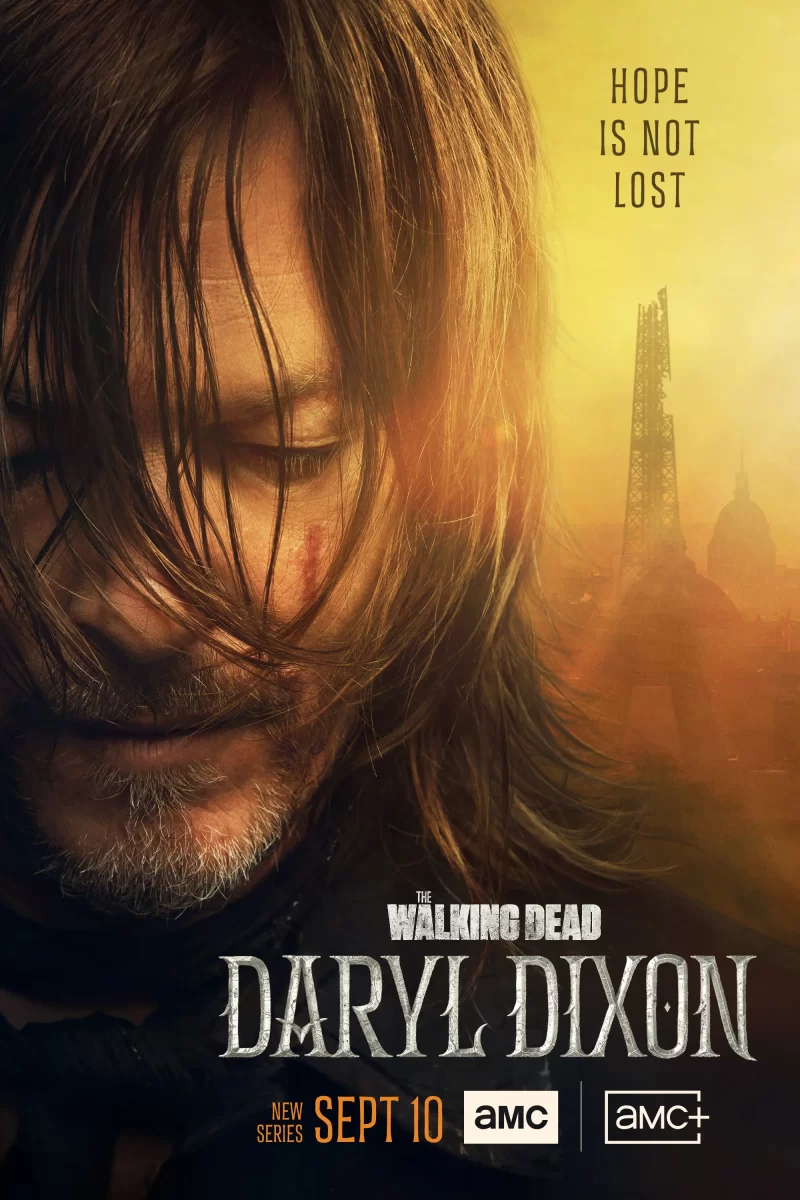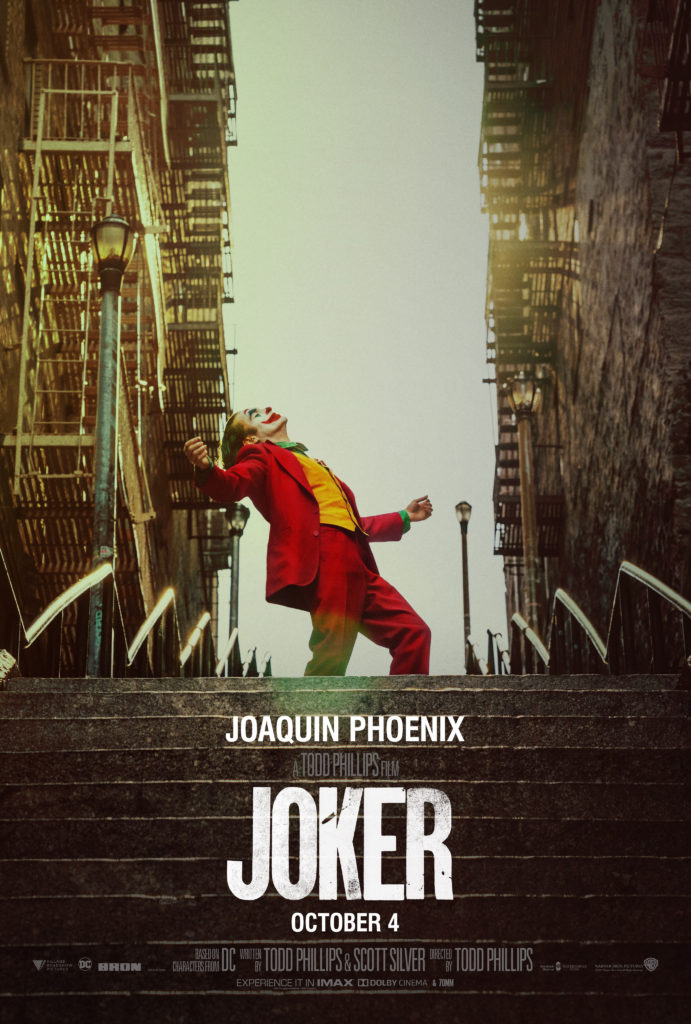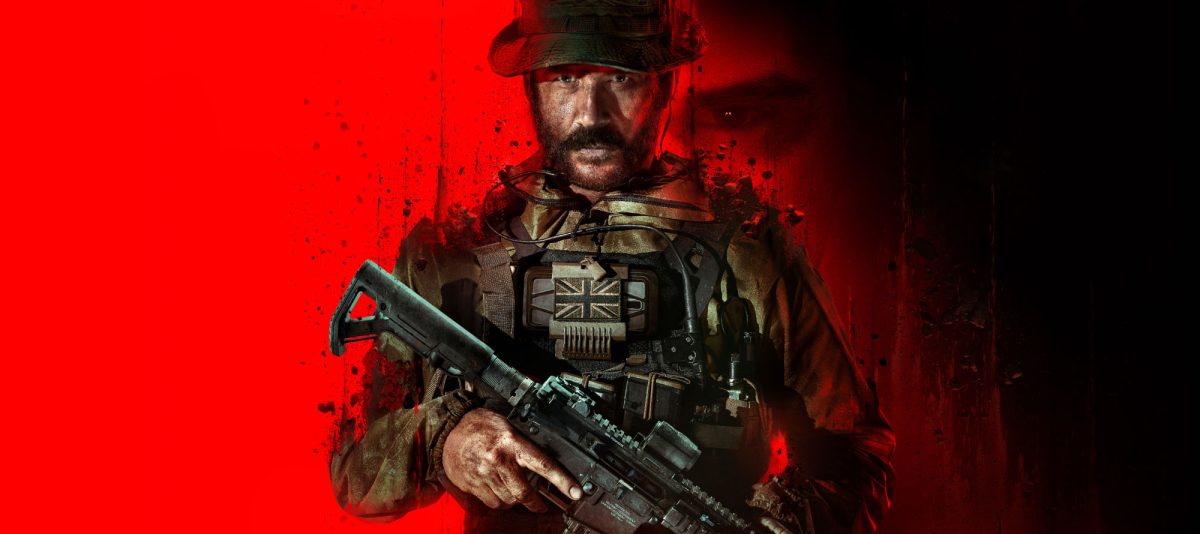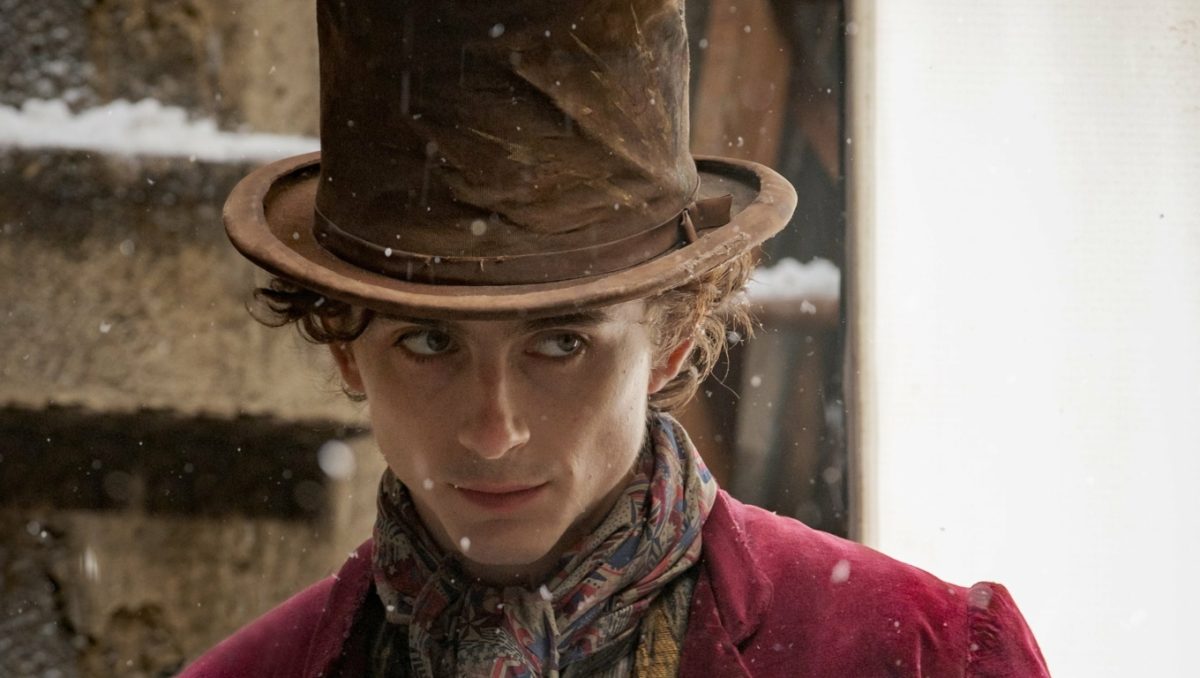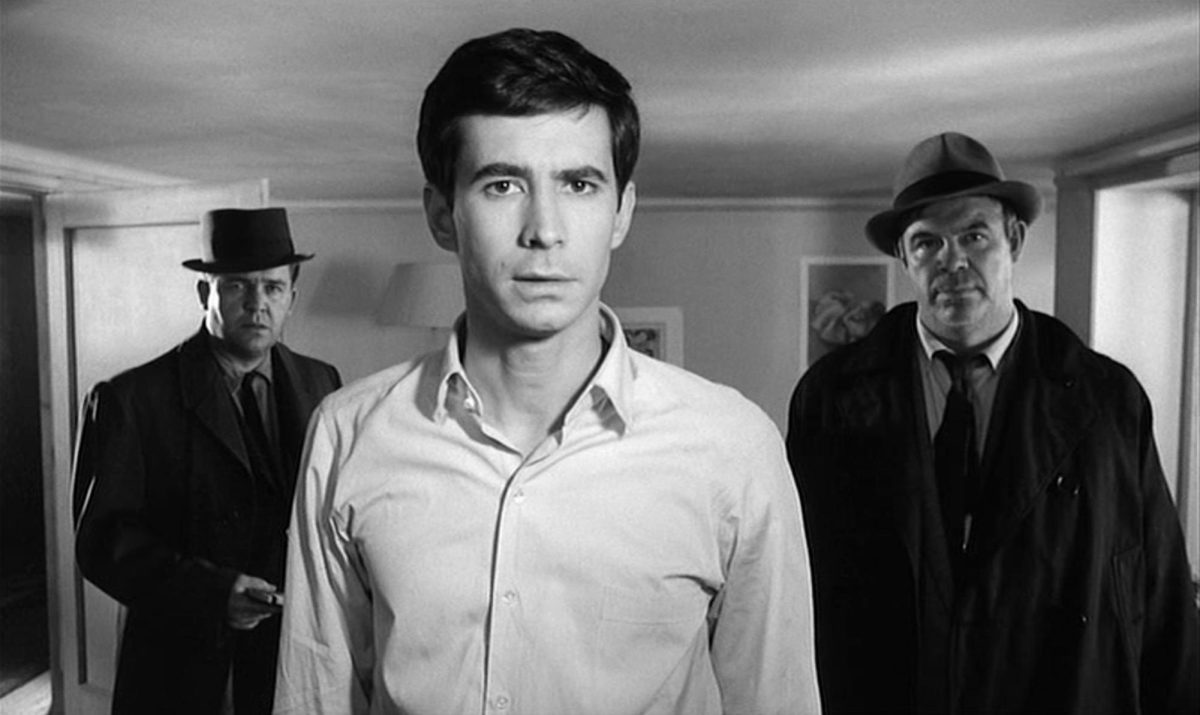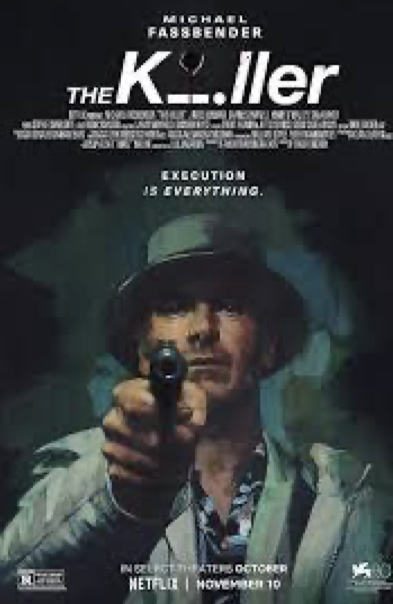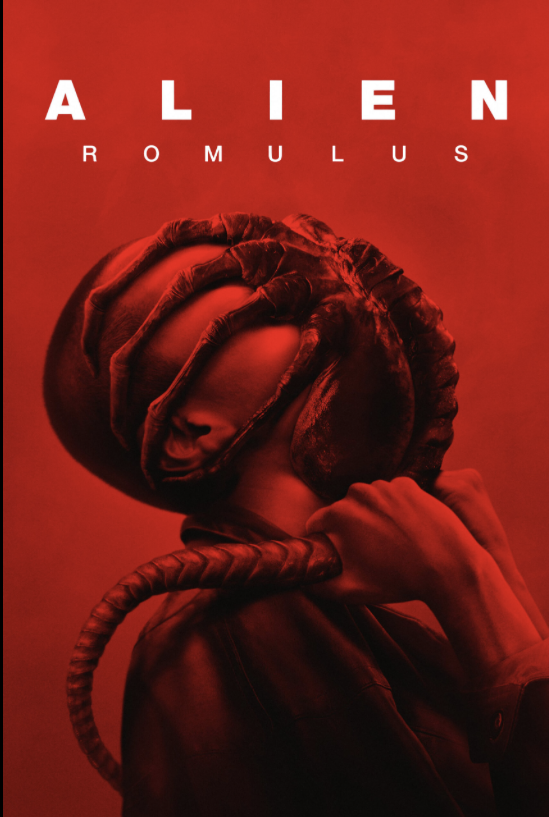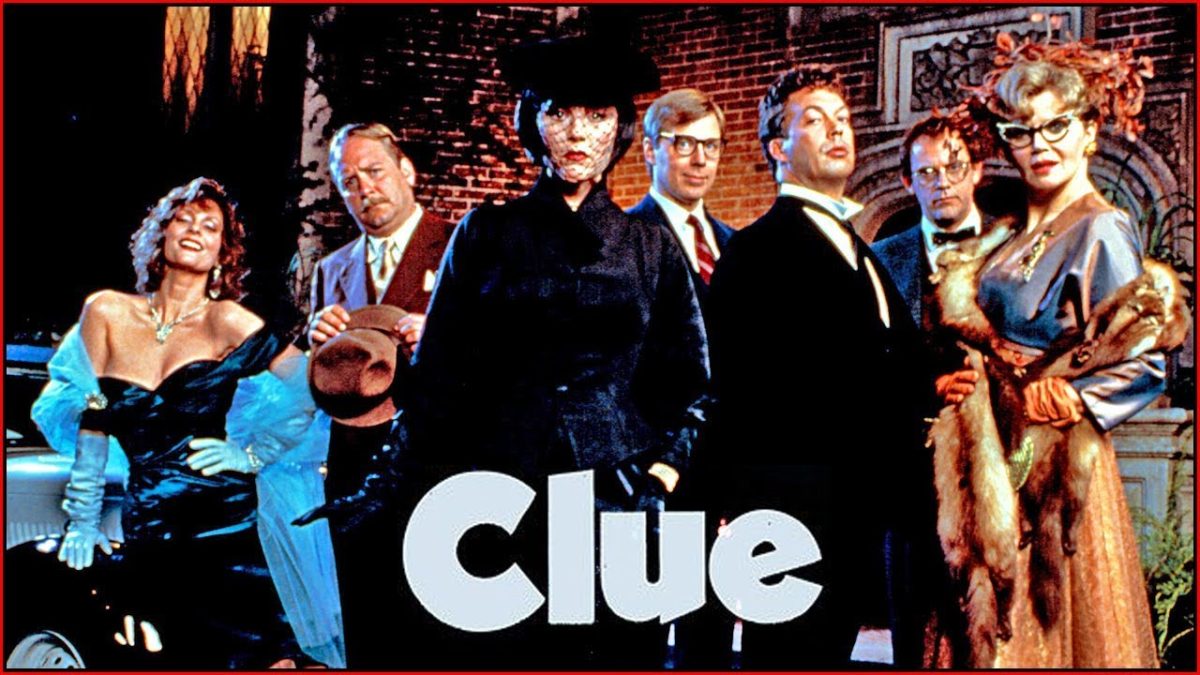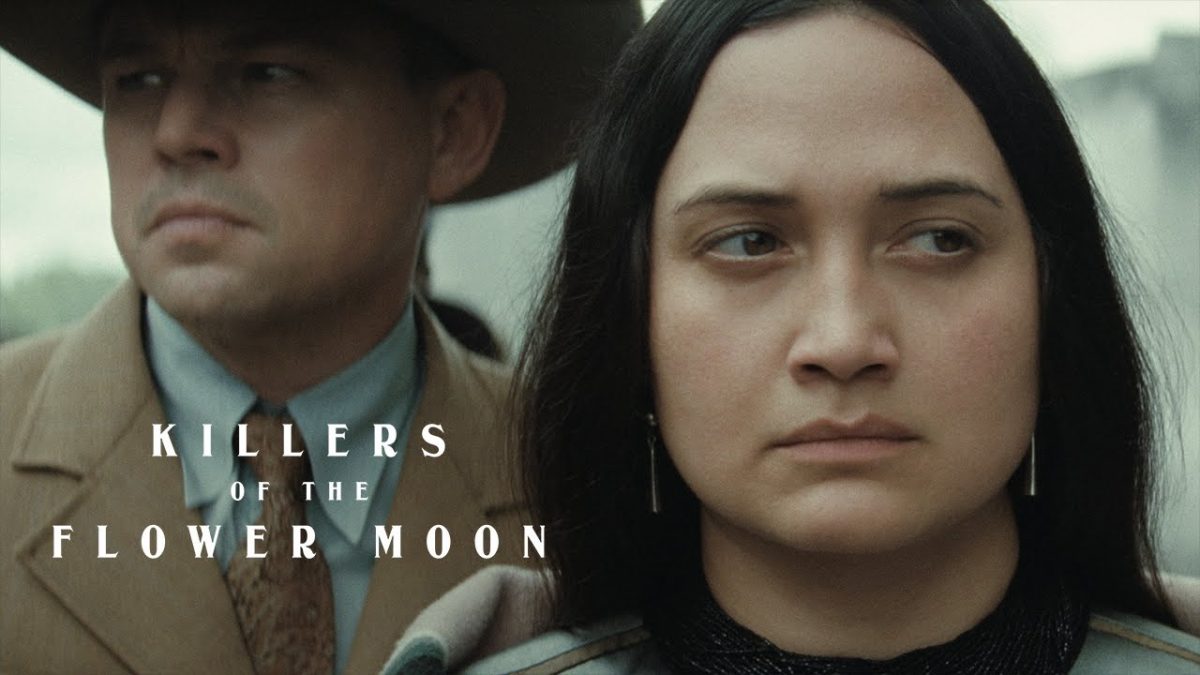“The worst part about having a mental illness is that people expect you to behave as if you don’t.”
The controversial psychological drama, Joker, is a new take on one of the most popular villains of all time known as The Joker. Directed by Todd Phillips, the movie stars Joaquin Phoenix as Arthur Fleck. Arthur is a man struggling with his mental health and disabilities, while taking care of his mother and working as a party clown. He suffers from a condition where he laughs uncontrollably at the wrong moments, usually generating unpleasant reactions from others.
When I first heard the concept of this movie, and that Joaquin Phoenix was cast to play the titular character, I was skeptical. Up until a couple years ago, I was never too fond of movies straying far from a comic book’s source material and completely revamping the character. However, the Marvel Cinematic Universe helped me enjoy new versions of a character that fits well with the storyline. I also didn’t think Phoenix had the ability to portray the character as masterfully as Heath Ledger did in The Dark Knight. I didn’t watch a single trailer for the movie except for its initial teaser in April; I wanted to go in almost completely blind and let my eyes wander the screen and experience each scene for the first time with no prior knowledge.
The most important questions leaving the theater were, “Did they do The Joker justice? Was the movie successful with this newest rendition of the character?” The answer is an absolute and unequivocal yes. The performance that Phoenix puts on as The Joker was beautifully done. He achieved credibility with his presentation of the character, showing how diverse and strong his acting can be, as he was able to portray a mentally ill human being so well. The way Phoenix acts almost makes the audience feel sorry for Arthur, with his tragic life traveling down this endless dark path with no one there to listen to him. As Arthur falls into insanity, he becomes scarier and achieves the signature Joker confidence, content with being a murderer at the center of attention.
The directing of this film is really well done, the way that Gotham is represented makes it one of the most accurate depictions that I have seen outside of a comic book. Gotham is always described as a dirty and run down city, overwhelmed from crime and poverty and this movie shows it. It shows people struggling in their daily lives and shows how political figures ignore the suffering citizens that need change and more care. The color grating in this movie makes every color stand out while at the same time making the atmosphere dark and brooding. It lets it be known that the streets of Gotham are not safe; there is always a dangerous presence. There were many scenes that gave me goosebumps because of the way Phillips directed it. He was able to make the audience feel uncomfortable on many occasions, especially scenes involving Fleck slowly cracking and becoming a killer.
There is no doubt that this film has political connotations within it, asking questions about if people possibly have a hand in creating the criminals and murderers we see today. This question is based on the idea that we do not care enough about those who have mental illnesses and people who struggle to survive each day. Including those who don’t have enough resources or money. Seeing a comic book movie ask these types of questions to an audience is remarkable. It is different and it impacts the movie well, as it has to do with the majority of Arthur’s character arc and how he becomes The Joker. One of the major concerns with this movie is that it glorifies the violence and murders that Fleck acts upon. While these are definitely valid, it is the essence of The Joker to be this character. He is a serial killer, a psychopath that has lost his mind and finds comedy in murder. It is not being accepting of the violence that is within the movie and saying that it is morally okay. It is giving an example of someone who can lose themselves to the adversities in their mind and that society gives them.
**Major Spoilers Ahead**
Joker is a spectacular film that exceeded my expectations, but of course there were some additions that I was not a fan of. For example, I was not a fan of Bruce Wayne as a minor character in the story who has an entire scene dedicated to Fleck speaking with him. This was one of the only times where it felt like Phillips needed to remind the audience that this is still set in the DC Universe and that Batman does or will exist. I was fine with the inclusion of Thomas Wayne. I thought that having him be a significant character being at the front of the political statements and societies disregard for the poor was great, but once Bruce was shoved into the plot it definitely gave me a sour and cheap feeling that it was simply for an audience reaction. Even at the end of the movie when Bruce’s parents are murdered (not even by Joker himself), it just feels like it is a lazy reminder that you cannot have Joker without Batman and vice versa. This is meant to be a Joker centric film and I believe that keeping Bruce out would have made it much better for a Joker origin story, as you do not always need the hero.
There is also the idea given in the story that Fleck could be the child of Thomas Wayne, which on script sounds like a creative idea, but the execution of it was poor. As the movie goes along and the audience begins to realize that they are going to flip it and reveal that he is not actually his son, it just becomes predictable. What came out of the plot point was that it is revealed his mother is also mentally ill and believes that Fleck is Wayne’s son, even though she adopted him. While this was a great replacement, the lead up to it seemed unnecessary and delayed the audience from the truth for even longer. It was a way of getting more of a Wayne background into the movie as much as they could without it being annoying. While I was not particularly fond of these additions, I thought the performance of Brett Cullen as Thomas Wayne was great and he definitely portrayed a more arrogant version of him well. It didn’t lessen the quality of the movie by a major amount.
**End of Spoilers**
As I recall back to my skepticism about this film, I am blown away at how it exceeded my expectations. They were most definitely low, and I was awaiting another repeat of the Suicide Squad reception for how Joker was received. However, it was completely the opposite and I was enthralled by this interpretation of the character and how Phoenix seemed to grasp the role so naturally. This performance is definitely on the same level as Ledgers and to me, it surpasses it, making Phoenix the best Joker that we have ever seen.
The best way to watch this film for the first time is in the theater and to be taken aback by how the entire audience feels sympathy, uncomfortable, and scared all at the same time. This movie is a captivating experience that delves deep into the mind and the experiences of Arthur Fleck and it impressively shows how it molds him into the being that is The Joker and it was an incredible ride.















